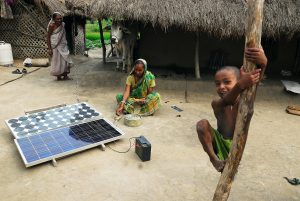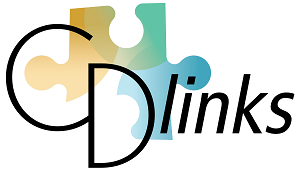Publication: Can the Green Economy deliver it all? Experiences of renewable energy policies with socio-economic objectives

© Samrat35 | Dreamstime.com – Solar Light At Sundarban. Photo
28 July 2016
A new paper studying the impact of renewable energy deployment on energy access and job creation through four case studies is out by Michael Pahle, Shonali Pachauri and Karoline Stenbacher. Access it here.
Abstract
The Green Economy (GE) paradigm aims to reconcile environmental and socio-economic objectives. Policies to deploy renewable energy (RE) are widely perceived as a way to tap the potential synergies of these objectives. It is, however, still largely unclear whether the potential of simultaneously achieving both environmental and socio-economic objectives can be fully realized, and whether and how multiple objectives influence policy design, implementation, and evaluation. We aim to contribute to this aspect of GE research by looking at selected country experiences of renewable energy deployment with respect to the socio-economic goals of job creation or energy access. Across the cases examined, we find the following implications of relevance for the GE framework: First, we confirm the important role of governmental action for GE, with the specific need to state objectives clearly and build monitoring capacity. Second, consistent with the “strong” green growth variant of GE, some of the cases suggest that while renewable deployment may indeed lead to short-term socio-economic benefits, these benefits may not last. Third, we underline the urgent need for new methodologies to analyze and better understand multiple-objective policies, which are at the heart of the GE paradigm.
